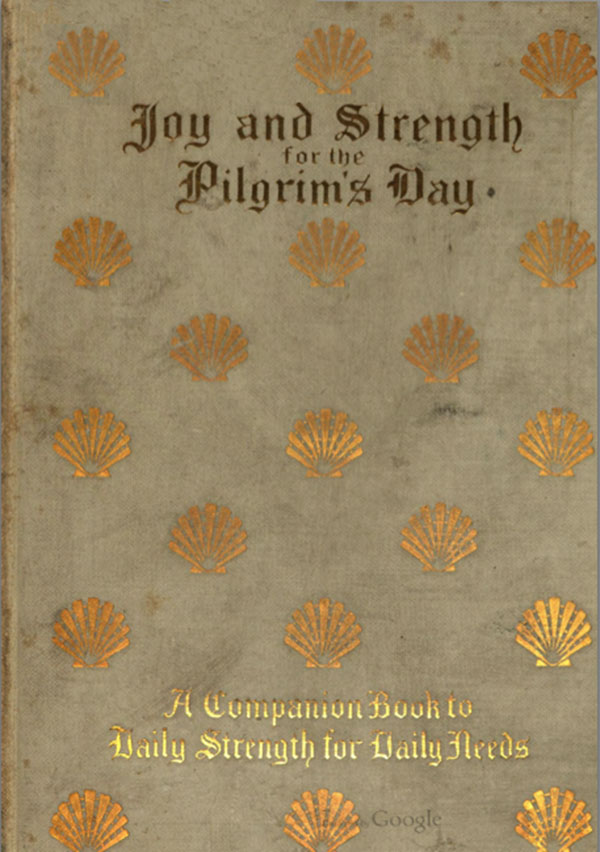We must live up to what we know

Cover from Tileston’s Joy and Strength for the Pilgrim’s Day
Today's Devotional
Indeed, the Lord’s hand is not too short to save, and his ear is not too deaf to hear. But your iniquities have built barriers between you and your God, and your sins have made him hide his face from you so that he does not listen —Isaiah 59:1, 2 (Holman).
One thing alone, dear Lord! I dread—
To have a secret spot
That separates my soul from Thee,
And yet to know it not.
—Frederick W. Faber.
It is a condition of enjoying continued insight into the laws which govern spiritual truth, that we should conform our moral being to that measure of truth which we already see. A deliberate rejection of duty prescribed by already recognized truth cannot but destroy, or at least impair most seriously, the clearness of our mental vision. A single act may thus involve grave inward deterioration; it may land the soul upon a lower level of moral life, where passion is more imperious, and principle is weaker; where a man is less his own master, and more readily enslaved to the circumstances and beings around him. —H. P. Liddon.
It is a strange but inflexible spiritual law, that those who aim at anything short of the best according to their conception, as God has given them light, will sooner or later come to grief. It is merely a matter of time.
—Charles H. Brent.
About the author and the source
Frederick Faber (1814–1863) was a notable hymnwriter, an Anglican who converted to Roman Catholicism. H. P Liddon (1829–1890) was a 19th-century English theologian, popular preacher, and author of The Divinity of Our Lord and Saviour Jesus Christ. Charles H. Brent (1862–1929) was an American Episcopal bishop and missionary to the Philippines. Mary Wilder Tileston (19th century) made several devotional collections.
“August 31” in Joy and Strength for the Pilgrim’s Day, edited by Mary Wilder Tileston. Boston: Little, Brown and Company, 1901.





